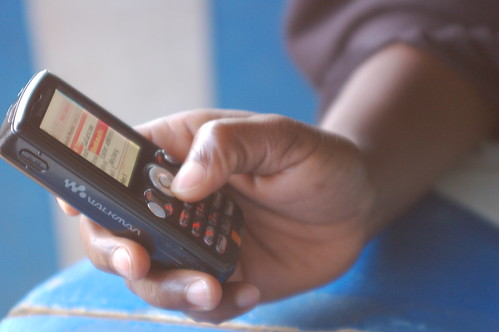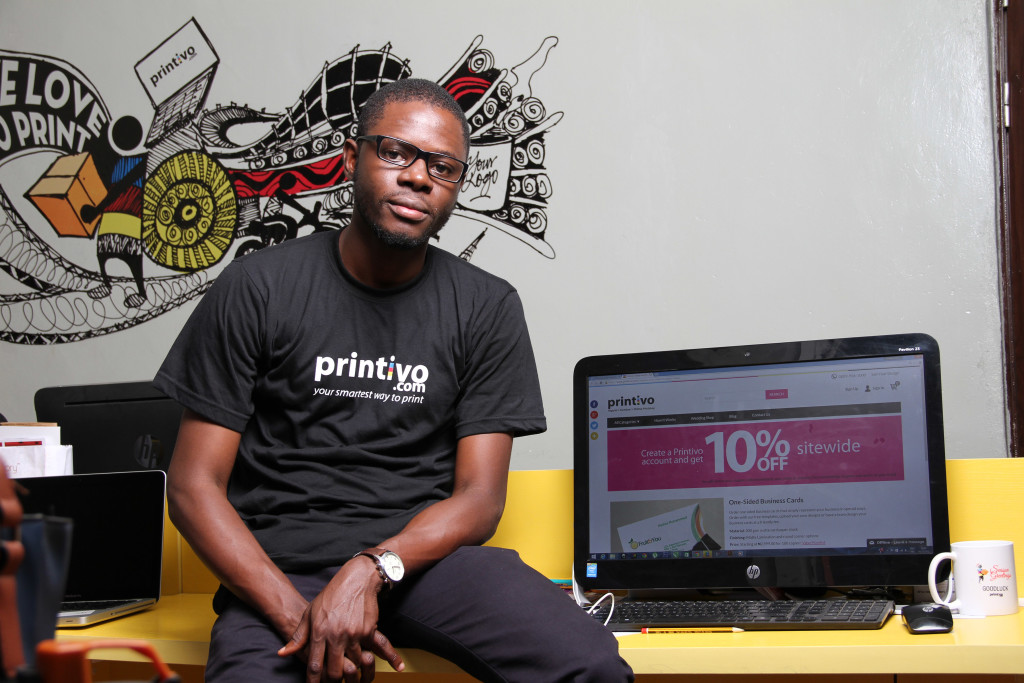
According to a 2014 International Labour Organization Global Employment Trends report, Sub-Saharan Africa has the second-largest set of jobless people at 27.2 million.
To tackle unemployment, countries in Africa have attempted to create entrepreneurs who can then employ segments of the population, but in most cases, not enough value is created and only a minute segment of the population gets gainful employment.
Technology has been a source of exponential growth in Africa. In Kenya where mPesa is a technology success story, eighty-seven percent of the country’s $55-billion GDP passed through mPesa in 2014, and the process has employed over 80,000 youths via its agent network.
That’s a generous dent on the unemployment rate in Kenya, but the same is not true for most other countries in the region where mobile money technology did not stick.
For a while, work has been evolving from a regular 9 to 5, to knowledge workers who juggle multiple gigs simultaneously. A trend that finds an expression in microjobs.
Microjobs are tasks clipped into small portions that can be executed by one person over a short period of time. In most cases, every part of the process is executed online, from landing the job, to completing the task and receiving pay for job done.
On August 11, 2014, when M4Jam launched in South Africa, it was the first pure-play micro-jobbing platform in Africa, powered by WeChat. At launch, the platform listed over 100, 000 jobs and at the end of the first day, 6,782 jobs had been completed with M4Jam paying out up to R101,730 ($ 7,300) in renumerations, according to an htxt.africa report of the launch.
Most of the jobs involved answering research questionnaires, KYC questionnaires and offline quality assurance errands with an average payout of R30 ($2). Users can then rinse and repeat as much as they want to.
M4Jam is not unlike mPesa which changed how payment came to be done in Kenya. They are similar to the extent that they are enabled by mobile and have the capacity to be replicated in other parts of Africa to much social change.
Microjobbing has been around for much longer however. Fiverr has been around since 2010 and allows taskers offer their services beginning at a cost of $5 per job. Elance, Odesk and Taskrabbit are similar services that have been around for just as long.
Earlier this year, Magic, launched its microjobbing services in the US based entirely on text messaging. Operators on the platform link taskers with users who request any kind of job done by prefacing their request with “Magic”. As long as said job is legal.
The success of mPesa is telling. It helps put a picture to the possibilities of M4Jam and other analogous services that can be developed using individual technology components that combine to enable what is now the leading microjobbing platform in Africa.
In South Africa, M4Jam has grown by up to 85% over the last year and the growth trajectory still has a good attitude, compared to a platform like Fiverr which is also predominantly mobile but has a motley user base in Africa. The growth for M4Jam is attributable to the social front it puts forward. Because it is layered on top of WeChat, it easily gets and stays within users’ reach.
Across Africa, messaging is the predominant use case for smartphones. And that goes a long way to explain the growth of the platform, aside the obvious financial draw. There is, of course, the drawback that exists as a result of high cost of connectivity, but it’s a problem that can be solved by using text messaging as the backbone for the service just as deployed by Magic.
About three-quarter of Africa’s 1 billion people are already using mobile phones and small jobs distributed via them can mean more people earning a living and more people rising above the poverty line.
This post is brought to you in partnership with WeChat, the all-in-one free messaging app that allows you connect with those that matter the most to you. WeChat is powering the first AfricaBeta event in partnership with Techcabal. AfricaBeta is coming up on October 3rd. Go here to attend. Read more about AfricaBeta.
Photo Credit: Jeff Attaway via Compfight cc




















